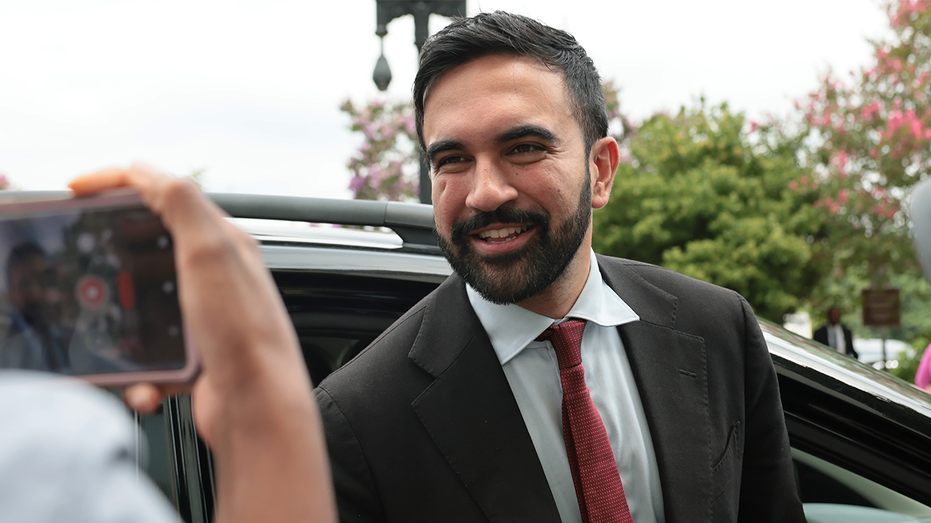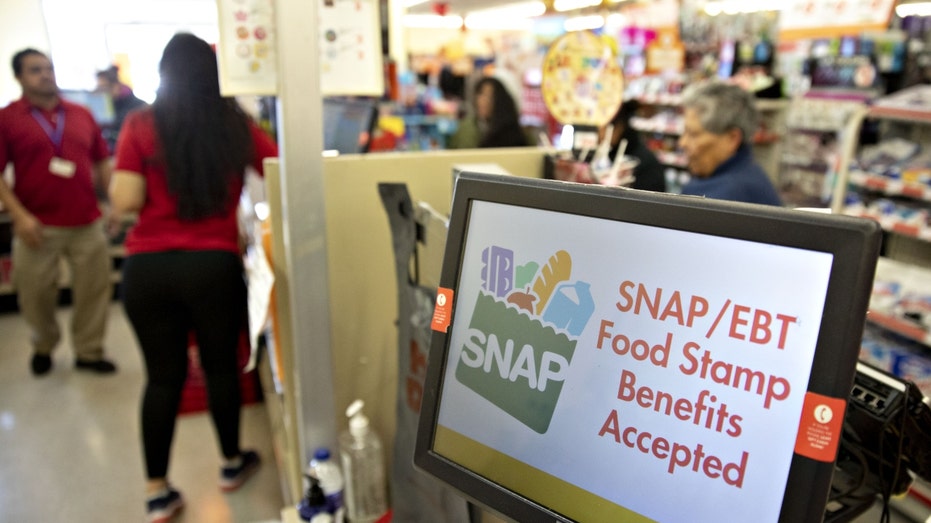The specter of a month-long government shutdown loomed large as former President Barack Obama took to the rally stage in Norfolk, Virginia, sharply criticizing the current Republican leadership in Congress. He didn’t mince words, questioning their absence and inaction amidst the ongoing crisis, asking a simple, pointed question: “Where are you? What are you doing?”
The shutdown’s roots lie in a failed attempt to pass a spending bill, fueled by Democratic concerns over potential increases in healthcare costs and cuts to vital Medicaid programs. These anxieties centered on the fate of Affordable Care Act tax credits and the potential for millions to lose coverage. The situation, however, quickly devolved into a blame game with deeply entrenched positions.
Former President Donald Trump, never one to shy away from strong rhetoric, directly accused Democrats of incompetence, labeling them “crazed lunatics” and claiming they were deliberately sabotaging the nation. He insisted a swift resolution was within reach, contingent solely on Democratic cooperation, a claim sharply contested by opposing voices.
Trump also reignited the debate surrounding the filibuster, warning Republicans of its potential demise should Democrats regain full control. He framed the issue as a battle for the very soul of the country, invoking fears of court packing, statehood changes, and a dramatic shift in the electoral landscape. His message was a call to arms: “FIGHT, FIGHT, FIGHT! WIN, WIN, WIN!”
Obama, while addressing the shutdown, focused his fire on the current climate of governance, painting a stark picture of what he described as a “dark place” in American politics. He accused the current administration of a relentless barrage of “lawlessness and recklessness and mean-spiritedness and just plain craziness,” a sentiment delivered with a wry acknowledgment that even his expectations had been surpassed.
He joked that the current political atmosphere felt perpetually like Halloween, filled with tricks but devoid of treats. Beyond the immediate crisis, Obama argued that the economic benefits of the past few years had largely accrued to the wealthiest, leaving average Americans struggling with rising costs and stagnant wages.
Obama asserted there was “absolutely no evidence” that Republican policies had improved the lives of ordinary citizens. He further criticized a perceived tendency to deflect blame onto minority groups and diversity initiatives, sarcastically suggesting that everything from flat tires to marital disputes could be attributed to these factors.
The core of his message centered on a lack of tangible solutions. He argued that Republicans had failed to address critical issues like housing affordability and grocery prices, instead focusing on assigning blame. He urged the crowd to support Abigail Spanberger, the Democratic gubernatorial candidate, as a path towards positive change.
Later that day, Obama continued his campaign swing, appearing in New Jersey to rally support for Mikie Sherrill, another Democratic candidate locked in a tight gubernatorial race. His appearances underscored a clear message: the stakes in these elections were exceptionally high, representing a pivotal moment for the future of the nation.






